Keywords: Social Teaching
There are more than 200 results, only the first 200 are displayed here.
-
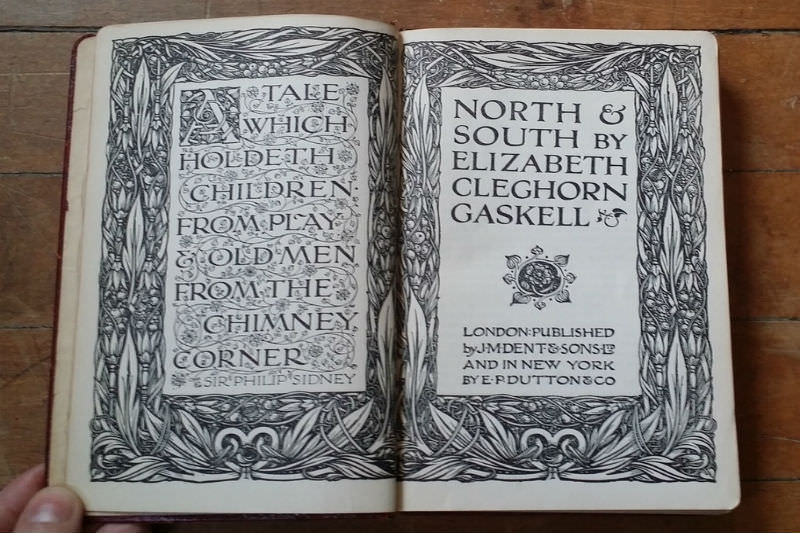
EDUCATION
- Gillian Bouras
- 31 October 2017
9 Comments
American-British writer Amanda Foreman is campaigning to return authors such as Austen, Dickens and Eliot to curricula in famous schools. But teachers have told her that a generation reared on smartphones and iPads finds such authors too ‘difficult'. So what? is my inward cry.
READ MORE 
-
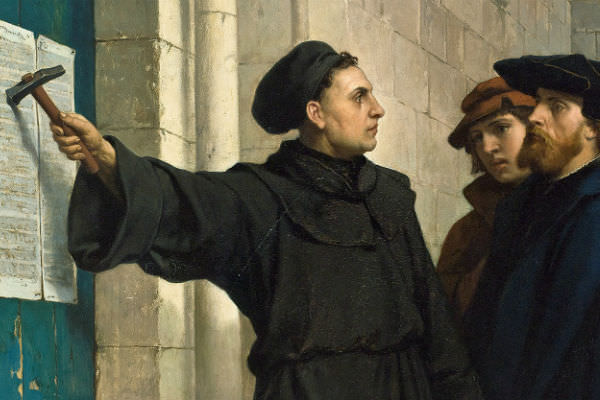
RELIGION
- Frank Brennan
- 26 October 2017
9 Comments
The first thing to note about this 500th anniversary of the Reformation is that it is the first centenary celebration or commemoration that we have been able to share together and without rancour.
READ MORE
-
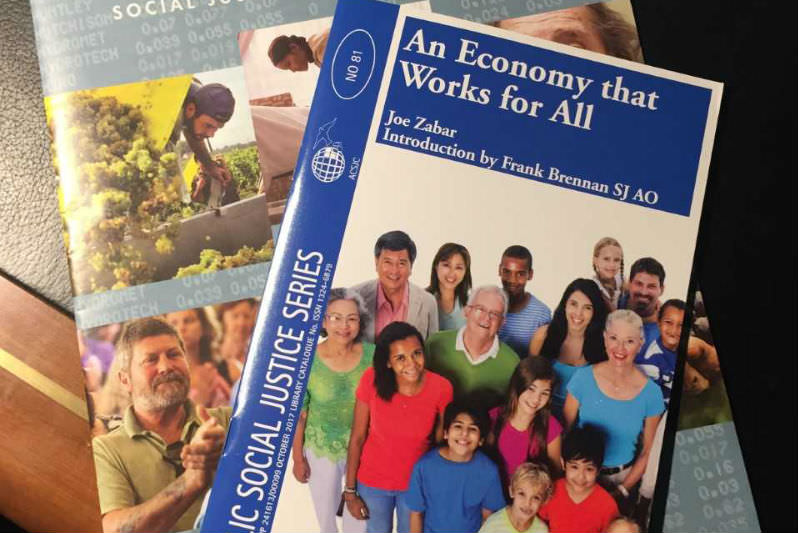
ECONOMICS
- Frank Brennan
- 18 October 2017
10 Comments
The promise of riches from the trickle-down effect is at best patchy for many Australians, and non-existent for others. Continuing with the same economic and social policy settings will exacerbate the already growing divide between the rich and the poor and eventually damage the economy to such an extent that it has a detrimental effect on everyone.
READ MORE 
-
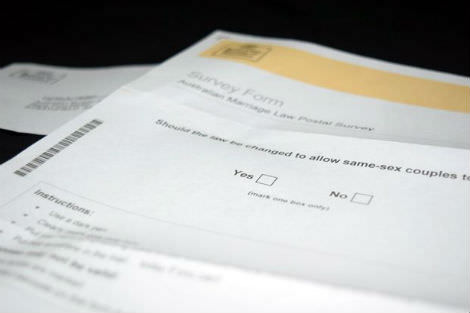
RELIGION
- Frank Brennan
- 25 September 2017
125 Comments
For many Catholic voters, this has been a difficult issue because for the first time in their lives they have found themselves in the same position which our politicians find themselves every time they have to vote on contested moral and political questions in parliament. They don't find themselves getting all that much help from official church declarations. This is no criticism of our bishops. They are the custodians of a tradition which has been somewhat skewed on this issue for a long time.
READ MORE 
-
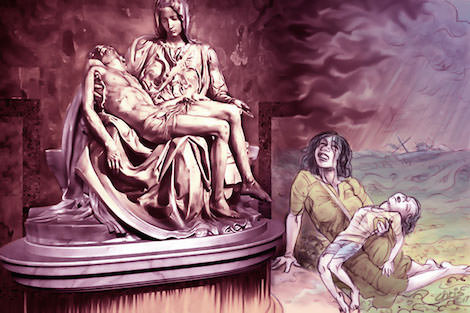
RELIGION
- David Holdcroft
- 22 September 2017
8 Comments
Francis was elected on his perceived ability to address the need for reform of a Roman Curia increasingly beset by paralysis, inefficiency and scandal. It is almost in parenthesis that we note his pontificate coinciding with the rise of numbers of forced migrants to historically unprecedented post-war levels both in Europe and around the globe. This presented Francis with a unique opportunity to develop and demonstrate his vision for a renewed Church, repositioned in and for a globalised world.
READ MORE 
-
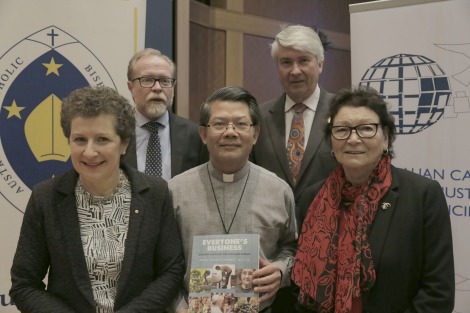
RELIGION
- Frank Brennan
- 11 September 2017
2 Comments
The real call of Everyone's Business is to move beyond them and us to admitting that there is only us. If we are truly to build an inclusive and sustainable economy, it can't be just those in full time paid employment who are part of that economy. We take seriously the principles of neo-liberalism, letting the market decide. But we set limits on the market for the common good.
READ MORE
-
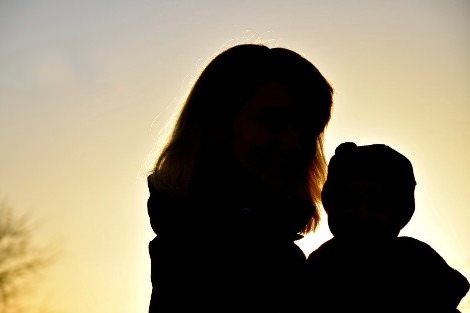
RELIGION
- John Honner
- 07 September 2017
5 Comments
In the Christian gospels the child is the exemplar, par excellence, of what God's world is meant to look like. In social policy, on the other hand, the child tends to be portrayed as a powerless innocent. In recent years, the Catholic Church has failed the standards of both gospel and society: on the one hand by discounting the importance of children and not listening to children, and on the other hand by not having appropriate practices and policies to ensure the safety of children.
READ MORE 
-
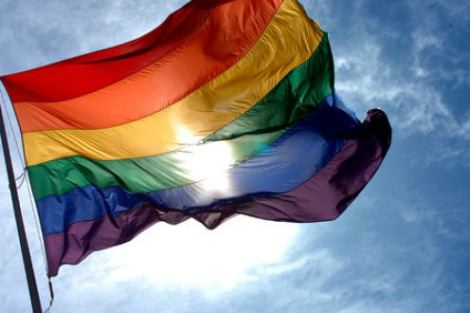
AUSTRALIA
- Andrew Hamilton
- 30 August 2017
47 Comments
A threat reportedly made, and later denied, by some church leaders was to dismiss from employment in Catholic organisations people who contract same-sex marriages. The argument is that Catholic organisations must uphold the teaching of the church, and that upholding church teaching implies living in a way consistent with it. Whatever the abstract merits of this argument and its applicability to dismissal in limit cases, its general use belongs to a past age.
READ MORE 
-
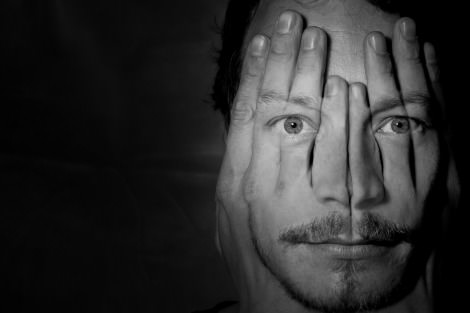
AUSTRALIA
Being both gay and Catholic leads to a somewhat fraught existence. On one hand, we have our Catholic peers who, frequently, have trouble empathising with what it means to be 'intrinsically disordered'. On the other, we have our queer friends who are, understandably, sceptical of our allegiance to an organisation that has a deep history of discrimination towards people like us. This existence is further complicated for those of us who choose to partake in ministry that sees us employed by the Church.
READ MORE 
-

RELIGION
- Frank Brennan
- 30 August 2017
6 Comments
'There was one controversy in which Lionel Bowen was involved that does provide good lessons for the contemporary Catholic considering the desirable law or social policy on a contested issue - lessons for the citizen weighing what is for the common good. Back in 1979 there was debate in the Parliament on a motion which was framed to stop Medicare funding of abortions. Bowen, a strict Catholic, was strongly opposed to the motion. He did not think the motion was about abortion. He thought it was about money.' Frank Brennan's 2017 Lionel Bowen Lecture
READ MORE
-
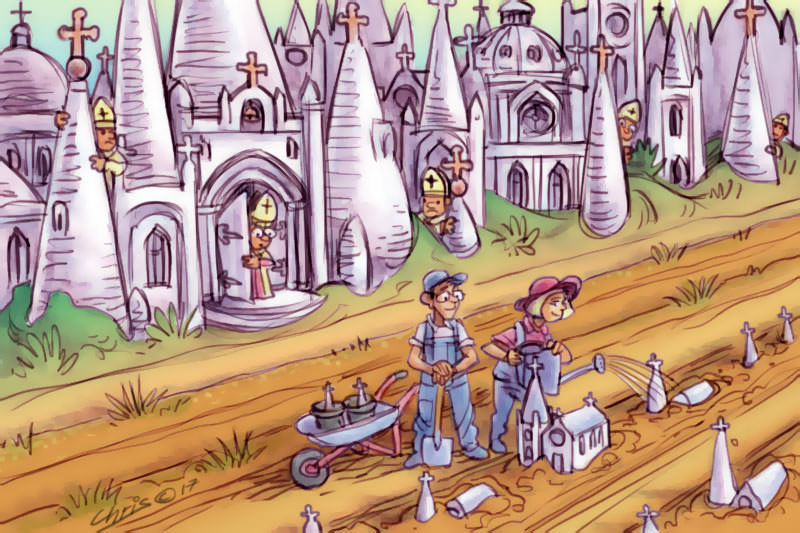
RELIGION
- Kevin Liston
- 31 July 2017
38 Comments
There are many reform movements active in the Catholic Church. Most seem to focus on changing the structures and systems of the church, on reshaping doctrinal positions and updating teachings. Organisational reform is necessary and long overdue but there is also need for a complementary movement among ordinary Catholics.
READ MORE 
-

RELIGION
- Frank Brennan
- 26 June 2017
6 Comments
Here in Ballarat, you know better than most other Catholics that respectful relationships in the church community have been rent asunder by the depredations of child sex offenders whose exploits went unchecked by those ordained to exercise tradition, authority, teaching and discipline. We will strengthen respectful relationships only with a voluntary commitment to truth, justice and healing — and not one forced by a royal commission or public odour.
READ MORE